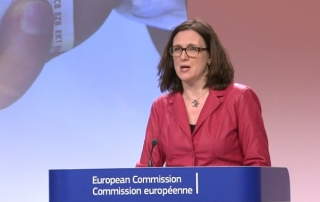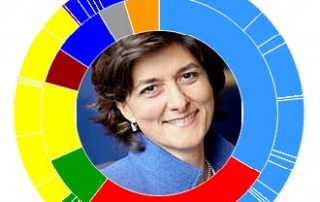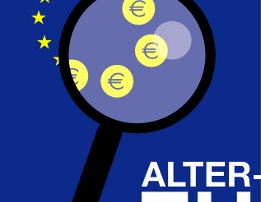Country case study: Norway
Helen Darbishire2018-11-13T10:12:10+01:00Is media ownership transparent? In law YES In practice NO IN LAW According to the law, it is possible to finds out who owns print, broadcast and online media in Norway through information reported to the Norwegian Media Authority. Under the 1997 Media Ownership Act, on the request of the Norwegian Media Authority, all media must report sufficient information for their owners to be identified. It should be noted that, in common with Luxembourg and the UK, the Norwegian law does not specific exactly what information should be reported but rather relies on the media authority to request of the





